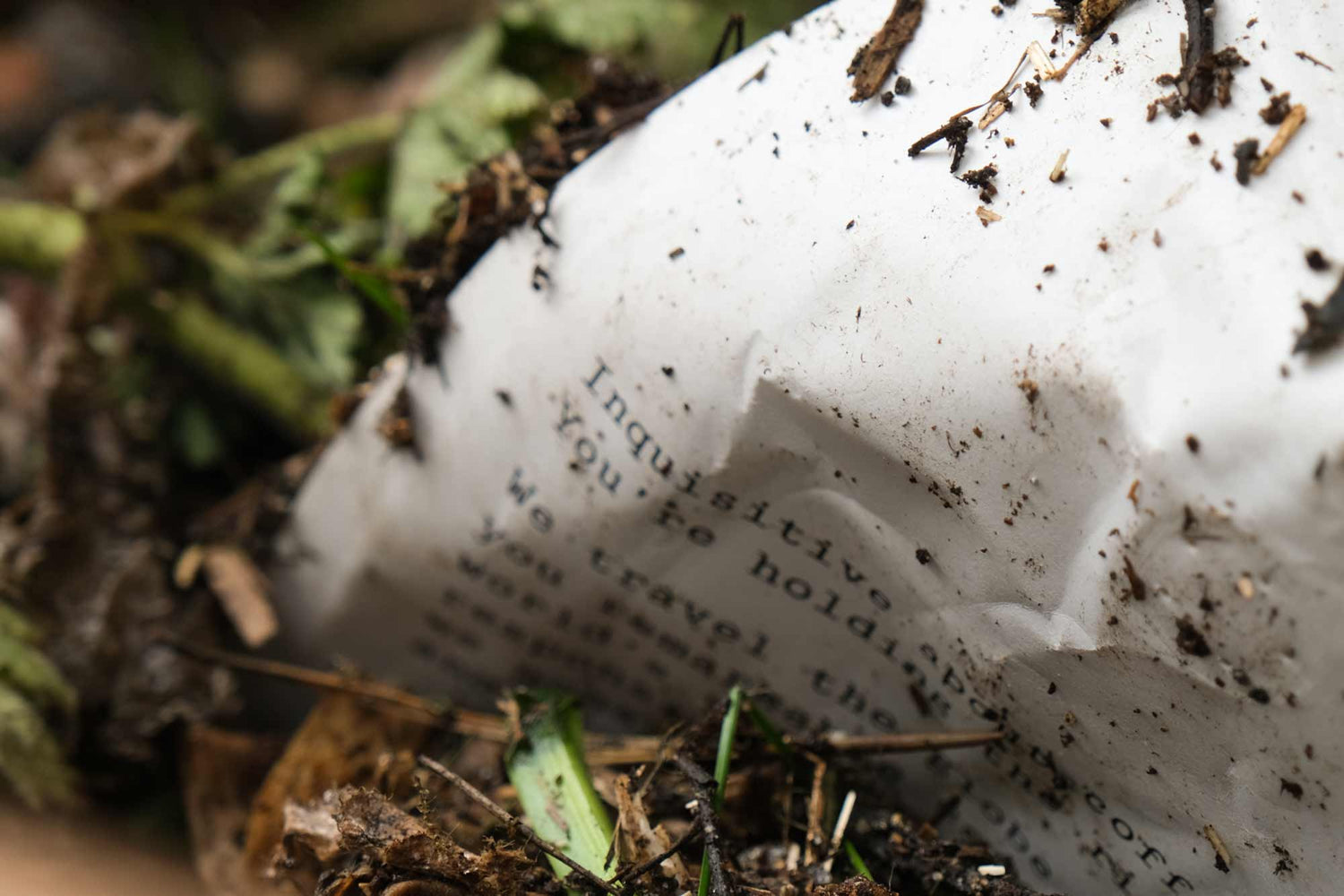




Bolivia: Trapiche, Coco Natural
Trapiche
-
The Trapiche farm is another venture by our friends at Agricafe in the Samaipata region of Bolivia. Pedro Rodriguez and his family also own a handful of other farms in the area: Floripondio, El Fuerte and Samaichacha and a whole host of other farms further afield in Bolivia, such as La Linda and Alasitas, that a lot of you will also be familiar with.
Trapiche's name was inspired by a vineyard of the same name in Argentina that Pedro visited before setting up this new farm in 2016. He and his family love good wine and have drawn on this when developing the design for this land. The word “Trapiche” originally refers to a type of mill made of wooden rollers used to extract juice from fruit such as grapes or olives.
The Rodriguez family are continuously looking for inspiration from other coffee-producing countries and from other industries such as winemaking – Trapiche is an example of this winery inspiration in action. The farm is a truly amazing place and the team have designed it to look and function like a vineyard, using those methodologies to refine their coffee production process. This is particularly fitting as Samaipata is an up-and-coming wine region within Bolivia, with several small vineyards located only a short distance from Trapiche.
The farm has only been operational since 2016 so it's still very young but the results from the first few harvests are very exciting. Samaipata isn't a traditional coffee-growing region but it's one that the Rodriguez family have pioneered. The climate of the Samaipata region is temperate, semi-dry in the winter months, and mild with an average annual temperature of 19.9°C. During the winter months, cold fronts called Surazos come from the Argentine Pampas and enter the plains and valleys of Santa Cruz, these cold winds combined with the altitude can reach temperatures below freezing. In the summer the days are warm and the nights cool, this variation in diurnal temperature causes the cherries to take a longer time to ripen and their mucilage becomes very thick. The local soil contains a lot of magnesium, which is great for growing coffee and means that the coffee plants are less susceptible to roja, or other fungi. All of these factors contribute to a very unique taste profile.
Processing coffee in the Natural style isn’t common in Bolivia and it presents a number of challenges with their conditions. However the Rodriguez family saw the value that Natural (and Honey) processed coffees could bring in terms of diversifying the range of flavours you get, so they decided to invest both money and effort into creating a way of doing these processes which would work in Bolivia.
When they were asked about this new method of processing their coffee, they called it “Coco” - so in fact all the Natural processed coffee we have from Bolivia could also be nicknamed “Coco Processed”.
The process is...
- Cherries selected - As I’ll explain in a moment, they can only do small batches of Naturals at a time, so a lot of attention is paid to only choosing the very ripest cherries, from the beginning. Ripeness is checked both by colour and using measurement of the sugar content of the fruit.
- Sun drying on raised beds - having checked the weather reports so they know to expect a period without rain, the selected cherries are laid out on raised beds in the sun. During this period, the cherries are moved around every 30 minutes to make sure the drying is even and any slightly under or over-ripe cherries are picked out. They will stay outside for between 1 and 3 days, depending on the weather. To finish this stage, they may be moved to inside greenhouses with material to block out UV and keep the heat in.
- Drying out in stationary driers - The cherries then need to be dried out to a stable moisture, where more fermentation won’t occur. To do this, they have built large boxes with hot air vented in through the bottom. These “Stationary Driers” keep the temperature below 40C for the 40 to 50 hours it takes to finish drying the cherries. During this stage, the coffee is moved every hour (again, to keep the process even across all the cherries).
A very elegant naturally processed coffee, there's poached pear at the start whilst layers of frangipane and cream add sweetness before it finishes with a little sprinkle of dark chocolate.
-
- Country: Bolivia
- Region: Samaipata
- Department: Santa Cruz
- Farm: Trapiche
- Altitude: 1,667 m.a.s.l.
- Producers: Fincas Los Rodriguez
- Variety: Bourbon
- Process: Coco Natural
-
Tasting notes: Poached pear, frangipane, cream, dark chocolate.
Cup of Excellence Cupping Scores
- Clean cup: (1–8): 6.5
- Sweetness: (1–8): 7
- Acidity: (1–8): 6
- Mouthfeel: (1–8): 6.5
- Flavour: (1–8): 6.5
- Aftertaste: (1–8): 6
- Balance: (1–8): 6.5
- Overall: (1–8): 7
- Correction: (+36): +36
- Total: (max. 100): 88
Roast Information
Medium-dark: push this steadily through the gap, finishing just at the edge of second crack. -
Producer Stories
Learn more about coffee sourcingTrapiche
This farm's name was inspired by a vineyard of the same name in Argentina that Pedro Rodriguez visited before setting up this new farm in 2016. He and his family love good wine and have drawn on this when developing the design for this land. The word “Trapiche” originally refers to a type of mill made of wooden rollers used to extract juice from fruit such as grapes or olives.
Read more
Our Packaging

-
Compostable
Our 220g and 125g bags are made from a plastic free, plant based material that is commercially compostable and certified biodegradable. Which means it will leave nothing behind after you're finished with them.
-
Roasted fresh
Being uncompromising on quality means being uncompromising with freshness. Our coffee is freshly roasted every day of the working week.
-
Protecting our oceans
For each compostable bag that we buy, the same weight of plastic is removed from our ocean. You make that happen.
